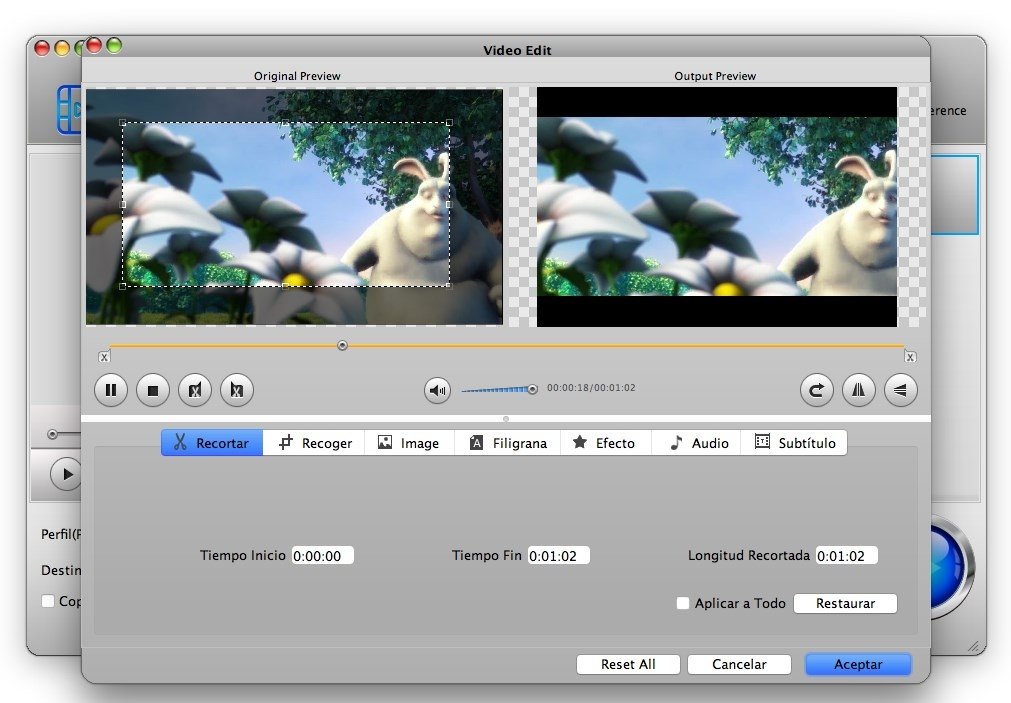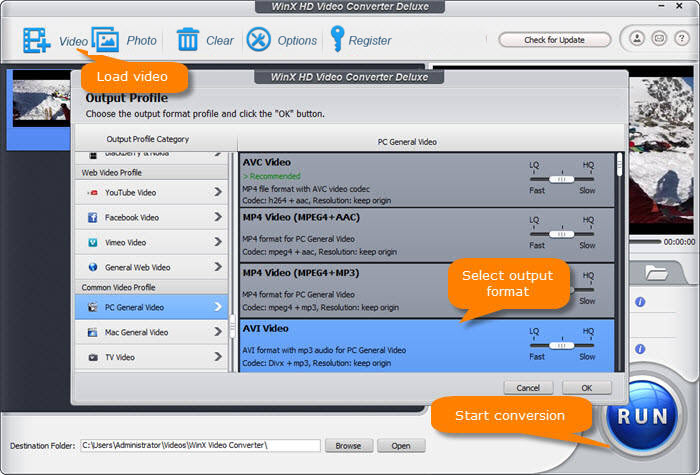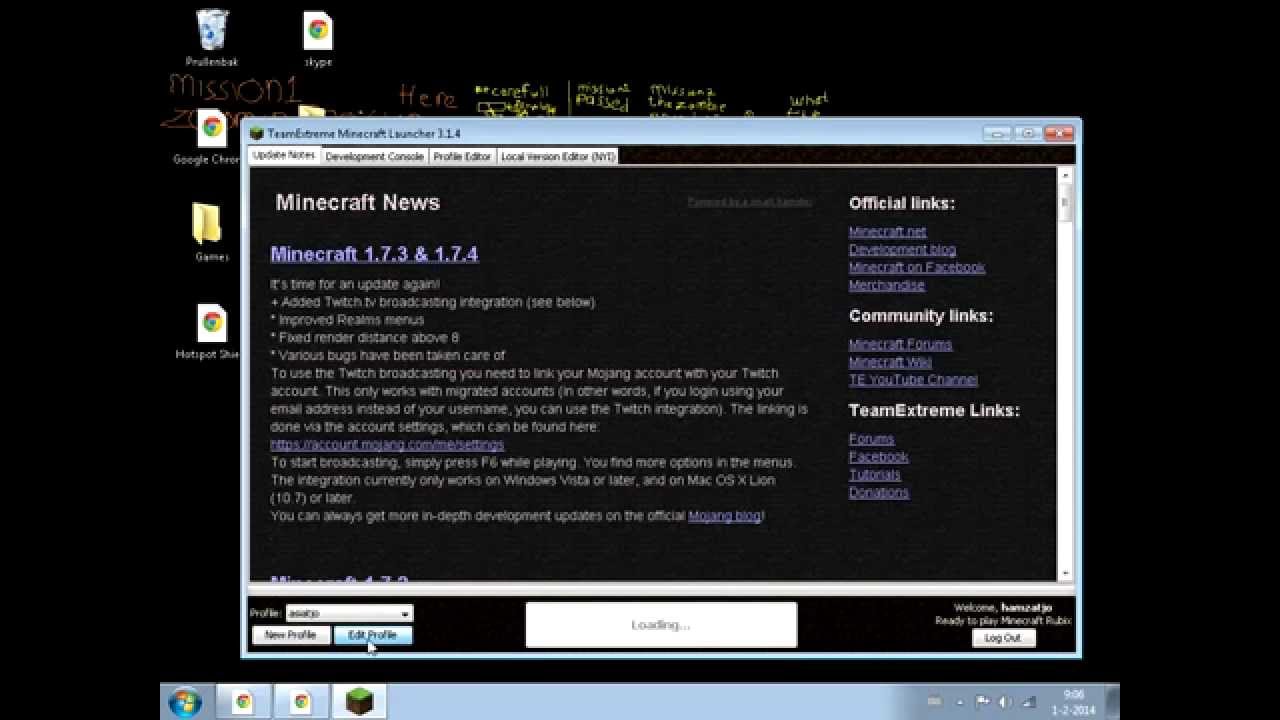

- #THE FILE ISN T COMPATIBLE WITH QUICKTIME PLAYER HOW TO#
- #THE FILE ISN T COMPATIBLE WITH QUICKTIME PLAYER INSTALL#
- #THE FILE ISN T COMPATIBLE WITH QUICKTIME PLAYER TV#
#THE FILE ISN T COMPATIBLE WITH QUICKTIME PLAYER TV#
In Microsoft Windows XP Media Center Edition, Microsoft introduced the *.dvr-ms file format for storing recorded TV content. wpl format is the default file format used for playlists that you save in Windows Media Player 9 Series.

In Windows Media Player 9 Series, the auto playlist feature uses the. wpl format can create dynamic playlists, whereas. Microsoft introduced this file format in Windows Media Player 9 Series. Windows Media Player Playlist (.wpl) files are client-side playlists that are written in a proprietary format. Versions of Windows Media Player that support this file type: Windows Media Redirector (.wmx) files are Windows Media Metafiles that reference Windows Media Audio (.wma), Windows Media Video (.wmv) files, or both. Windows Media Video Redirector (.wvx) files are Windows Media Metafiles that reference Windows Media Video (.wmv) files

Windows Media Audio Redirector (.wax) files are Windows Media Metafiles that reference Windows Media Audio (.wma) files. Each element in a Windows Media metafile defines a particular setting or action in Windows Media Player.ĪSX files can point to any media file type that Windows Media Player recognizes and supports.įor more information about Windows Media Metafiles, visit the following Microsoft Web site: They are made up of various elements with their associated tags and attributes. Windows Media Metafiles are based on XML syntax and can be encoded in either ANSI or UNICODE (UTF-8) format.
#THE FILE ISN T COMPATIBLE WITH QUICKTIME PLAYER HOW TO#
ASX files go beyond the simple task of defining playlists to provide Windows Media Player with information about how to present particular media items of the playlist.

wmv extension for playback of audio and video sources.Īdvanced Stream Redirector (.asx) files, also known as Windows Media Metafiles, are text files that provide information about a file stream and its presentation.
#THE FILE ISN T COMPATIBLE WITH QUICKTIME PLAYER INSTALL#
By using a separate extension, you can install multiple players on your computer and associate certain players with the. Windows Media Video (.wmv) files are Advanced Systems Format (.asf) files that include audio, video, or both compressed with Windows Media Audio (WMA) and Windows Media Video (WMV) codecs. wma extension for playback of audio-only sources. By using a separate extension, users can install multiple players on their computer and associate certain players with the. Windows Media Audio (.wma) files are Advanced Systems Format (.asf) files that include audio that is compressed with the Windows Media Audio (WMA) codec. For more information about ASF, visit the following Microsoft Web site: Finally, content that is compressed with any other codec use the generic. Similarly, ASF files that contain audio content, video content, or both, that is compressed with Windows Media Audio (WMA) and Windows Media Video (WMV) codecs use the. Typically, ASF files that contain audio content that is compressed with the Windows Media Audio (WMA) codec use the. ASF supports advanced multimedia capabilities including extensible media types, component download, scalable media types, author-specified stream prioritization, multiple language support, and extensive bibliographic capabilities that include document and content management. It supports data delivery over a wide variety of networks and protocols. Additionally, you can stream audio and video content with Windows Media Services, or you can package that content with Windows Media Rights Manager.ĪSF is an extensible file format that stores synchronized multimedia data. With Windows Media Player, if the appropriate codecs are installed on your computer, you can play audio content, video content, or both, that is compressed with a wide variety of codecs and that is stored in an. The Advanced Systems Format (ASF) is the preferred Windows Media file format. 3gpp)ĭetailed information about supported file types Musical Instrument Digital Interface (.mid. Microsoft Digital Video Recording (.dvr-ms) For more information, see Codecs: frequently asked questions. Note: Additional file formats might be supported if you install new codecs in Windows. ( How to determine your version of Windows Media Player). This article lists the multimedia file types that are supported by Windows Media Player 12.


 0 kommentar(er)
0 kommentar(er)
